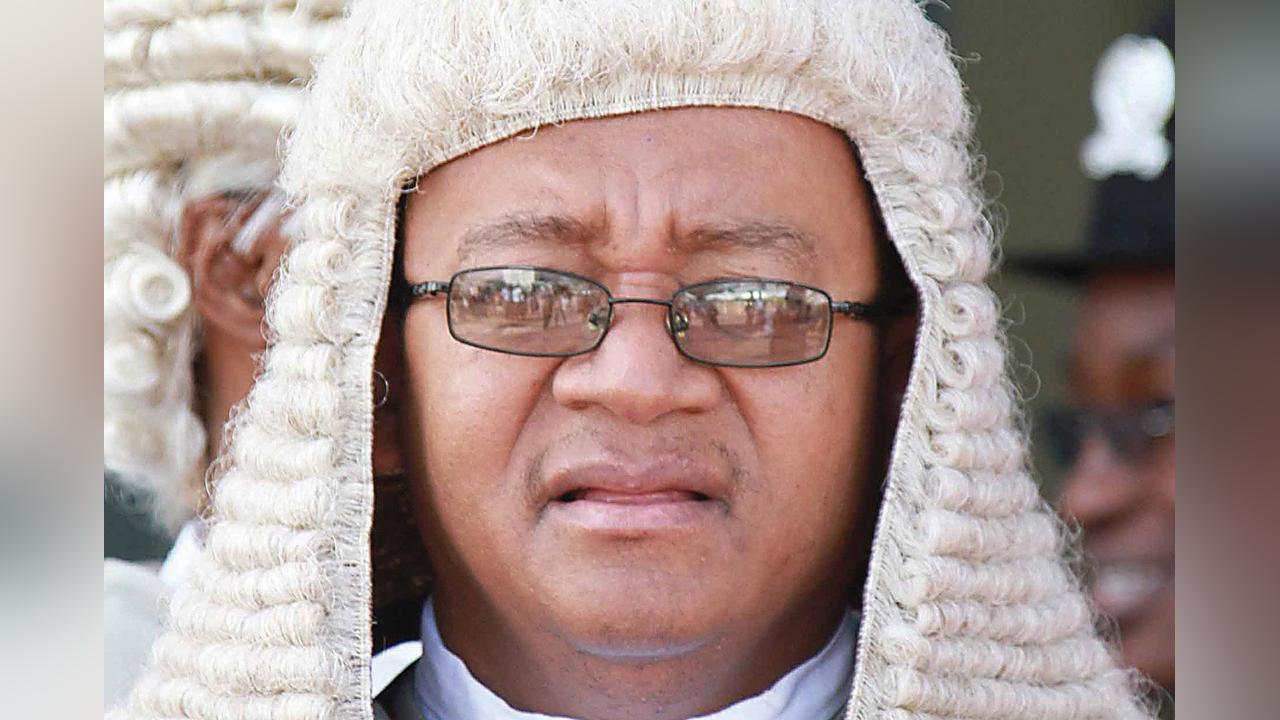Africa-Press – Botswana. A highly contentious legal battle is brewing between the government and retired members of the Botswana Defence Force (BDF) as the latter seek justice over a contentious pension dispute. The BDF and the Ministry of Defence want the Court of Appeal to stop the 2000+ soldiers from instituting legal proceedings as a group in a class action.
The class action, which was given the green light by Justice Michael Leburu at the High Court on August 2, 2023, has become a focal point of contention between the two parties. Justice Leburu based his decision to allow the case to proceed as a class action on a myriad of reasons, emphasizing the significance of the matter and the commonality of the issues raised by the former soldiers.
The original dispute centers around the transition of the soldiers’ pension scheme from the BDF to the Botswana Public Officers Pension Fund Scheme (BPOPF).
The retired soldiers (represented by five members) argue they did not consent to having their pension moved to that of the public service at BPOPF. They contend that their transition to the BPOPF-operated pension scheme had no legal basis and is therefore a nullity for all members of the BDF, particularly those who joined the BDF before April 1st, 2001.
They assert that their pension entitlements ought to have been calculated using the respective Regulations promulgated in accordance with the BDF Act and that the purported transition to the BPOPF was illegal from the onset. They argue that Statutory Instrument No. 74/2002 (the 2002 amendment) is not applicable to members of the BDF, especially themselves, as it takes effect from the beginning of April 2001.
The former soldiers say they were not subject to the Pensions Act for pension purposes but to the BDF Act and its Regulations.
The government has opposed these claims, arguing that the soldiers, while being members of the BDF, were also considered public officers, subject to the Public Service Act and relevant pension legislation. The government contends that the BDF members were given the choice to opt for the BPOPF, emphasizing that this transition was voluntary and not coerced. Additionally, while they oppose the charges brought by the group, the government also wants to stop them from instituting the legal proceedings as a class action.
Justice Leburu, in giving reasons for granting approval for a class action, cited jurisprudence from the United States of America, which emphasizes the procedural aggregation of claims by several litigants. He noted that while class action jurisprudence in Botswana is in its early stages and the rules of the High Court are silent on the procedural imperatives of a class action, the general criteria for a class action have been defined in various other jurisdictions.
“The general theme and criteria arising from the foretasted cases, with respect to class actions, is the following: the existence of a class, which is identifiable by an objective criteria (numerosity of similarly circumstanced persons); a cause of action enuring to the benefit of the identified class; commonality of issues of fact and law with respect to the said cause of action; the interest of justice; practicality and convenience of having few representatives (plaintiffs), as opposed to having all affected parties join in the matter and avoidance of multiplicity of action against the defendants.”
The judge further stated that in the present case, there are over two thousand former BDF members affected by the transition of their pension scheme, who have duly filed powers of attorney, giving mandate to their attorney and joining in the legal dispute. He also noted that litigation is a costly exercise, and by adopting a class action, the five litigants and others will share the costs of litigation.
“It is in the interest of justice that the issues raised by plaintiffs and similarly circumstanced retired members of the BDF be aggregated and tried as one and as a class action, having regard to the commonality of the facts and legal issues yearning for adjudication and the numerosity of the claimants.” Justice Leburu said it would be impracticable and inconvenient for over 2000 claims to be litigated individually by different claimants against the same defendants on the same cause of action.
However, the government argued that the High Court erred in “overlooking the fact that while the Plaintiffs have a lot in common, there are aspects of the case which require proof from each of the Plaintiffs. The Court below erred, with respect, in finding that it is only a class action which enables Plaintiffs to find strength in numbers and to share the costs of litigation; the Rules of Court permit as many plaintiffs as wish to bring an action together to do so, and the Rules place no limit on the number of plaintiffs who may do so, as has, in fact, happened in this case.”
Justice Leburu granted the government leave to appeal his decision on the class action. The BDF and the Ministry are represented by Advocate Sidney Pilane and Otlaadisa Kwape, while the soldiers are represented by Kgalalelo Monthe of Monthe Marumo & Co.
For More News And Analysis About Botswana Follow Africa-Press






